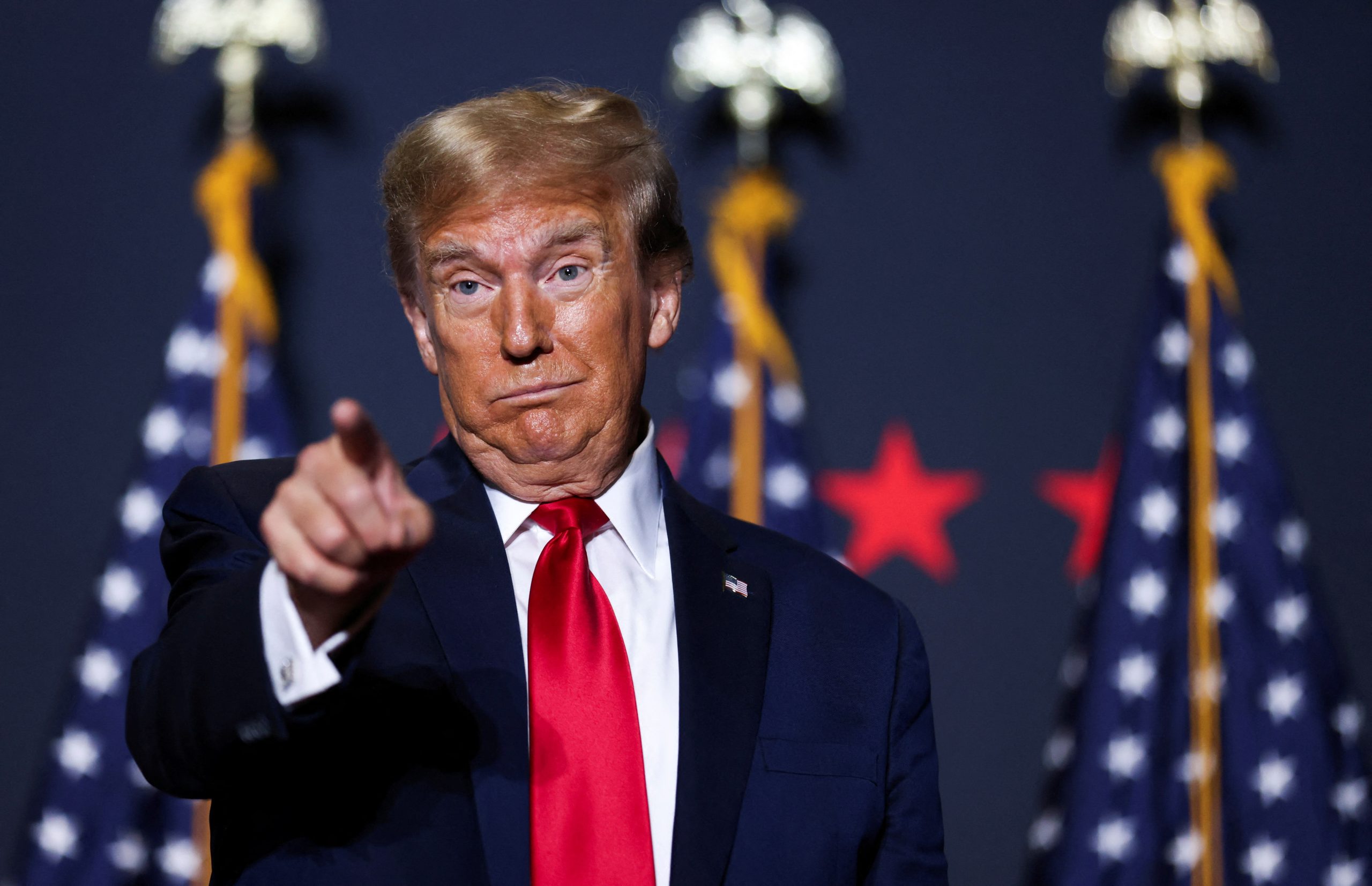United States, under President Donald Trump, implemented a series of sweeping tariffs that have sent shockwaves through global trade, prompting swift and strategic responses from its trading partners.
The U.S. administration’s decision to impose 25% tariffs on steel and aluminum imports, along with additional levies on automotive, pharmaceutical, and semiconductor products, has significantly disrupted established trade relationships. These measures are part of a broader strategy aimed at reducing the U.S. trade deficit and bolstering domestic manufacturing.
Canada and Mexico, both integral to the United States-Mexico-Canada Agreement (USMCA), have been particularly affected. In response, Canada swiftly enacted retaliatory tariffs on U.S. goods, while Mexico has indicated plans to implement similar measures to safeguard its economic interests. The OECD has projected that these escalating trade tensions could lead to a substantial slowdown in economic growth for both nations, with Canada experiencing a significant reduction in its growth forecast and Mexico potentially entering a recession.
The European Union, a major trading partner, has also been impacted by the U.S. tariffs. The EU has expressed concerns over the potential for a trade war and is actively seeking diplomatic avenues to address the situation. The International Monetary Fund (IMF) has highlighted that the U.S. tariffs are expected to undercut U.S. economic growth and have a cascading effect on the global economy, with nearly every major country facing worse economic conditions.
In Asia, China has been particularly affected by the U.S. tariffs. The Chinese government has announced retaliatory tariffs on U.S. agricultural products, including corn and soybeans, in response to the U.S. imposing additional tariffs on Chinese goods. This escalation has intensified trade tensions between the two economic powerhouses, with both nations engaged in a tit-for-tat exchange of tariffs.
The global business community is closely monitoring the situation, with economists and industry leaders expressing concerns over the long-term implications of the U.S. tariffs. The Organisation for Economic Co-operation and Development (OECD) has downgraded its growth forecasts for the U.S. and the global economy, citing the adverse effects of the trade disputes. The IMF has similarly cautioned that the tariffs could lead to a significant slowdown in global economic growth, urging nations to engage in constructive dialogue to resolve trade disputes.
As the situation continues to evolve, international markets remain volatile, and the global economic landscape is poised for further shifts. The coming months will be critical in determining the trajectory of these trade tensions and their broader impact on global economic stability.












Leave a comment